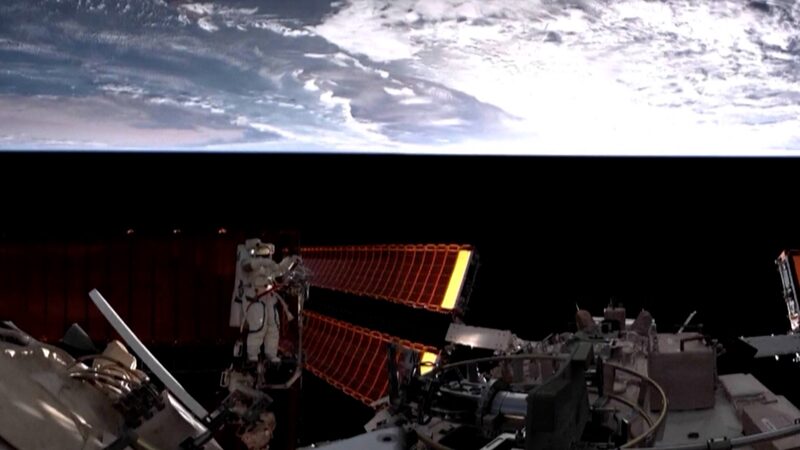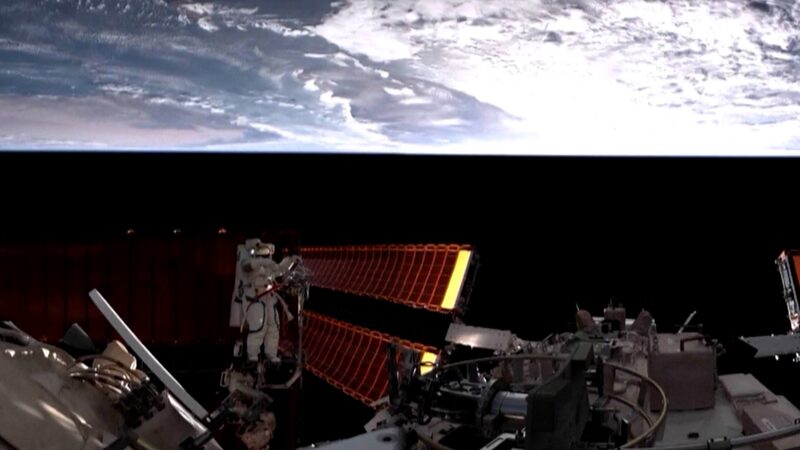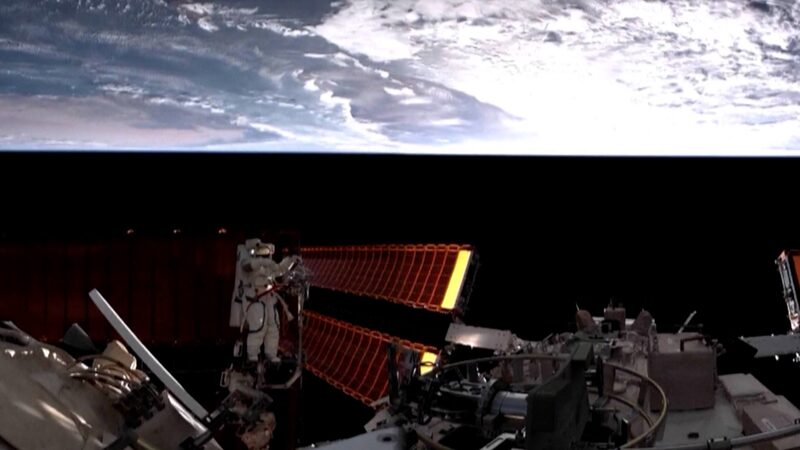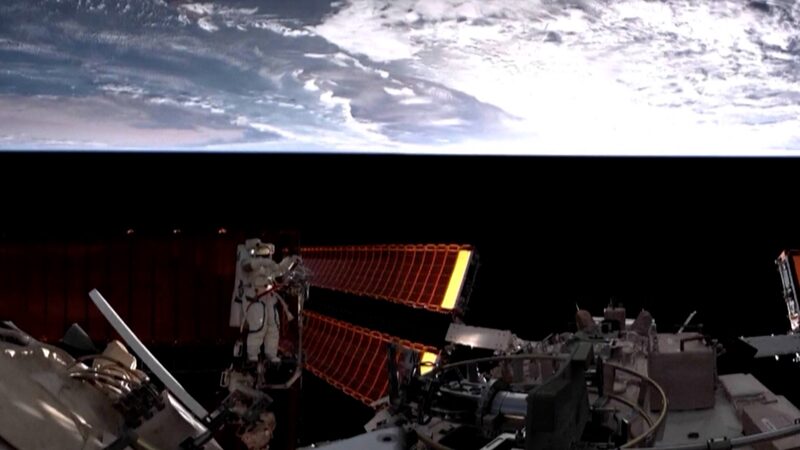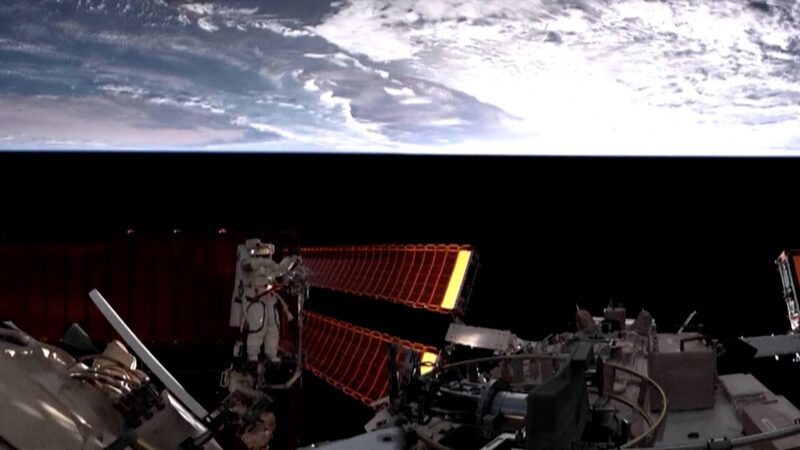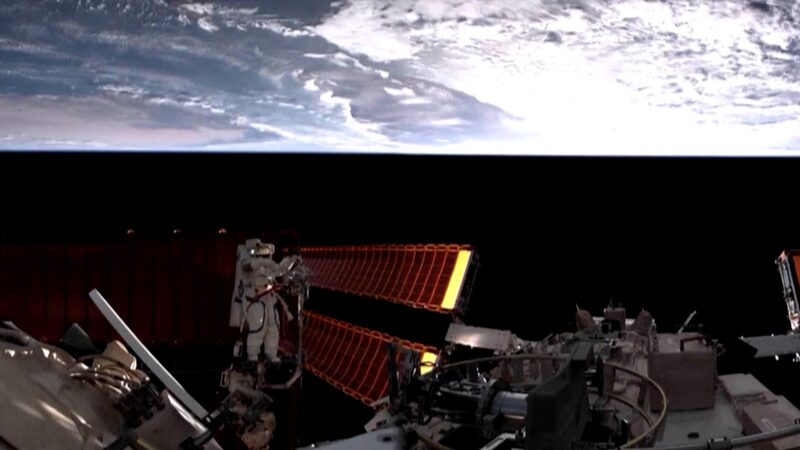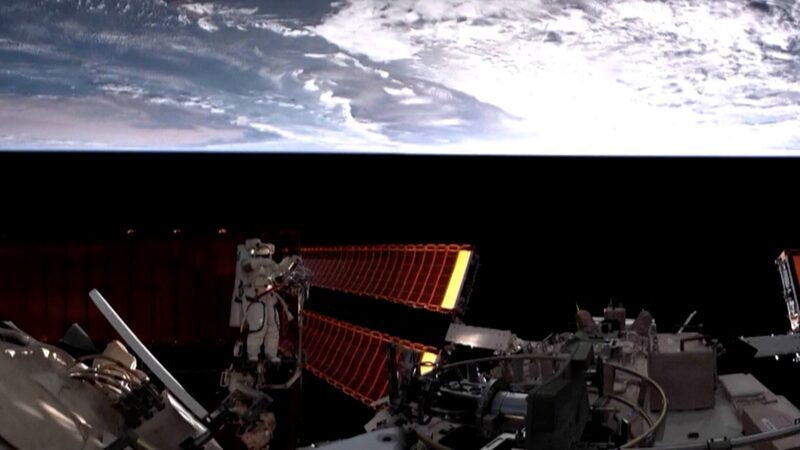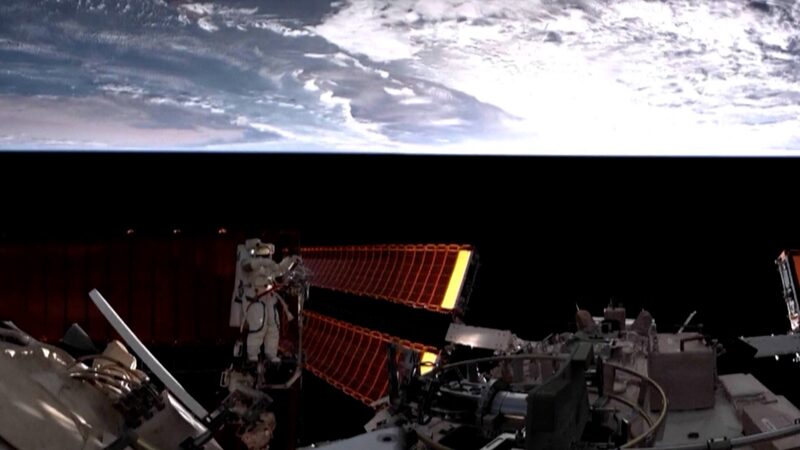In a significant milestone for China's space exploration efforts, the Shenzhou-19 crew aboard the nation's orbiting space station successfully completed their second series of extravehicular activities (EVAs) on Tuesday at 1:12 a.m. Beijing Time. The China Manned Space Agency announced that astronauts Cai Xuzhe, Song Lingdong, and Wang Haoze worked tirelessly for 8.5 hours, fulfilling multiple tasks with the assistance of the space station's robotic arm and ground control teams.
The trio's achievements mark a critical step in advancing the operational capabilities of the space station, further solidifying China's position in the realm of manned space missions. The astronauts conducted a series of complex operations outside the spacecraft, including equipment installation, maintenance tasks, and scientific experiments designed to pave the way for future space exploration endeavors.
\"The successful completion of these extravehicular activities demonstrates the high level of coordination and technical prowess of our astronauts and support teams,\" stated a spokesperson from the China Manned Space Agency. \"These missions are essential for testing the reliability of our equipment and the effectiveness of our procedures in the challenging environment of space.\"
The Shenzhou-19 mission, part of China's ambitious space program, aims to enhance long-duration spaceflight capabilities and gather valuable data for upcoming missions. The astronauts have been aboard the space station for several months, engaging in various scientific research projects that contribute to our understanding of space medicine, physics, and life sciences.
For investors and businesses, China's advancements in space technology signify potential opportunities in aerospace industries and related sectors. The mission's progress reflects the growing demand for innovation in space exploration, leading to collaborations between governmental agencies and private enterprises.
The successful EVA also resonates with the global scientific community and the Asian diaspora keen on following developments from their home region. It highlights the collaborative efforts and dedication required to push the boundaries of human presence in space.
As China continues to make strides in its space program, the lessons learned from the Shenzhou-19 mission will undoubtedly contribute to future explorations, including possible missions to the Moon and beyond. The commitment and resilience of astronauts Cai Xuzhe, Song Lingdong, and Wang Haoze serve as an inspiration to aspiring astronauts and scientists around the world.
Reference(s):
Shenzhou-19 crew completes 2nd extravehicular activities in 8.5 hours
cgtn.com
